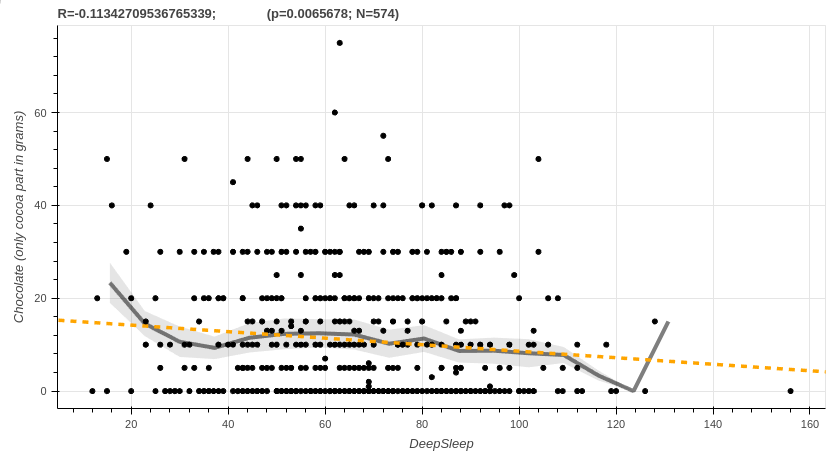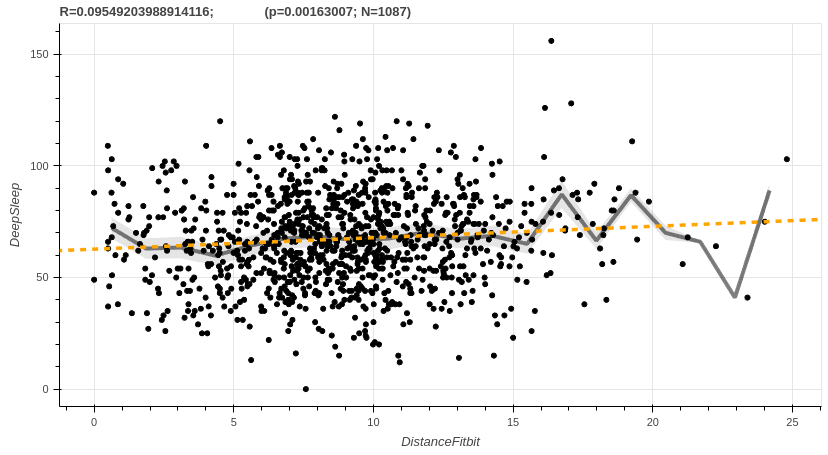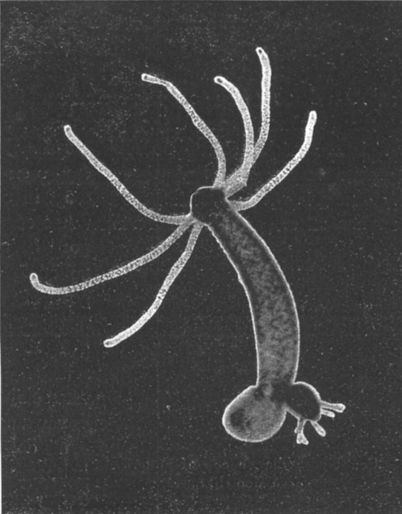What Influences Deep_sleep
Looking at my data deep sleep is the most important component of sleep impacting the overall restoration. It is for example better (very slightly) correlated with my subjective feeling of how well I slept than even the Fitbit sleep score. It is also correlated with my subjective assessment of mood (R=0.14;p<0.0001;N=1098) and energy (R=0.12;p<0.0001;N=1087) on the day following the sleep. I have therefore explored which factors seem to impact it. Interestingly, unlike other aspects of sleep (see previous posts), only very few factors seem to have robust impact on my deep sleep.
Chocolote
The strongest impact on deep sleep is the consumption of chocolate that I track, with the more chocolate I eat the worse sleep the following night (R=-0.11;p=0.006;N=574):

I virtually always consume chocolate in the form of dark (70+%) chocolate and not in large amounts, usually less then 20 grams per day, which makes it quite surprising that even these relatively low quantities can have a measurable impact. Quite often, but not always, I consume the chocolate after the dinner as a desert, so this might be exasperating the impact on sleep. Going on from here, I will try to refrain from consuming chocolate in the evening.
Distance walked
Another factor, with relatively small but robust (the association completely disappears after shifting data even by one day) impact is the distance I walked on the preceding day (R=0.1;p<=0.001;N=1087), further underscoring the impact of sufficient movement on sleep I have already highlighted on previous days:


Leave a comment
Your email address will not be published. Required fields are marked *